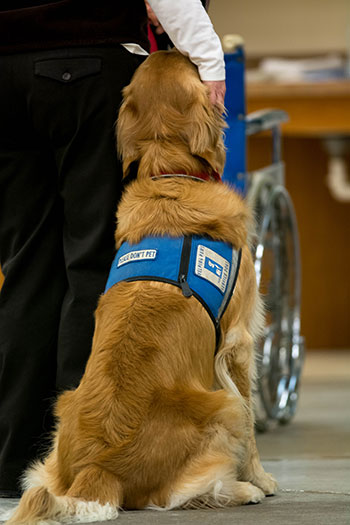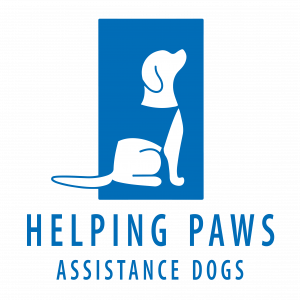Veterinarians Speak Out Against Fraudulent Service Dogs


The peer-reviewed white paper examines numerous aspects of the difficulties posed by individuals “fraudulently identifying their pet as an assistance animal to gain access to public places or avoid pet fees.” It examines current state and federal laws, suggesting that more uniform definitions in federal legislation and more consistency across state laws could be constructive. The paper goes so far as to suggest that “The AVMA tracks such legislative efforts and is well-positioned to provide guidance in how such bills, if being developed, should be structured.”
The paper also notes that “With more and more pet owners falsifying their pet as an assistance animal and bringing them into stores, restaurants, and other public places, it is interfering with assistance animals’ jobs and may potentially limit where a person with disabilities may take their assistance animal. The extra animals make it more difficult for an assistance animal to maneuver which, in turn, can make it more difficult and dangerous for the handler to move. It also puts the assistance animal at a greater risk of being attacked by another, potentially fraudulent, animal.”
The AVMA Annual Convention in July also passed a policy on “The Veterinarian’s Role in Supporting Appropriate Selection and Use of Service, Assistance and Therapy Animals.” One aspect of this policy notes that a veterinarian examining a service dog “…can ask what tasks the dog performs but it is discriminatory to charge more for the examination should it take longer than usual because of attention to the dog’s role.”
Additional information is available on the AVMA website avma.org.
